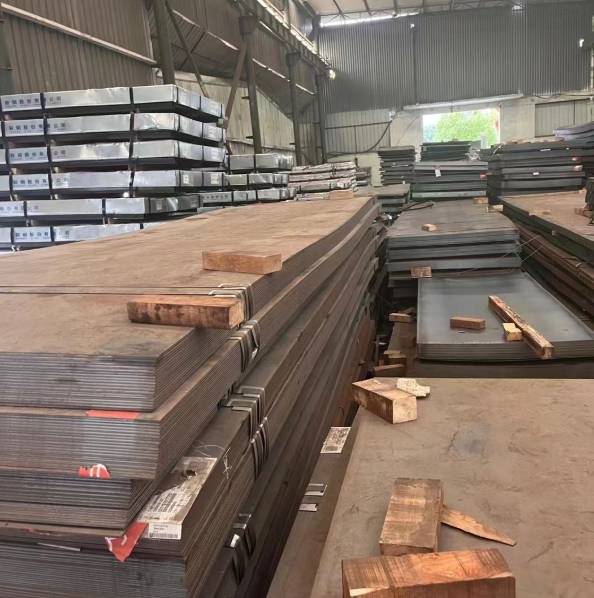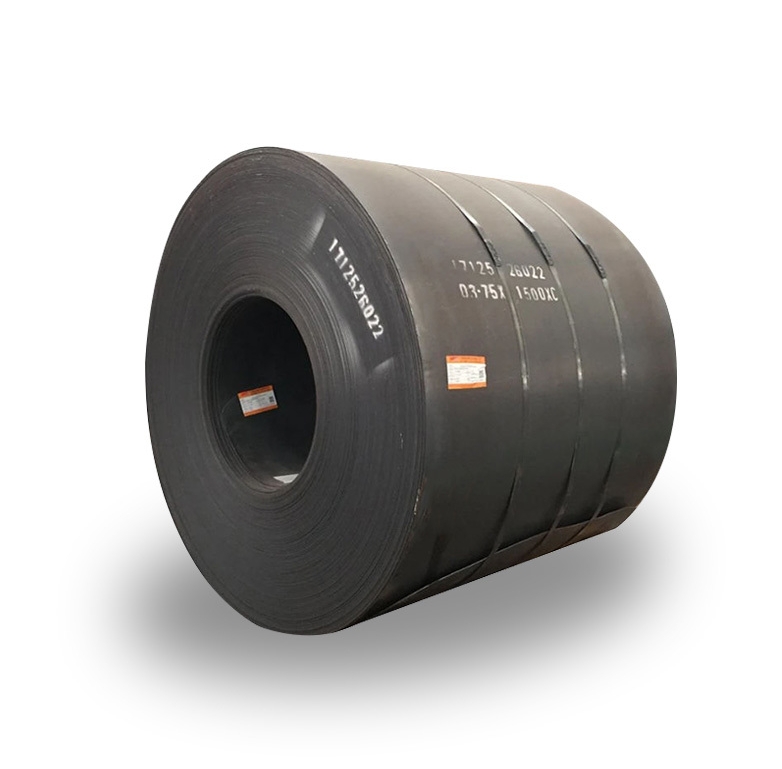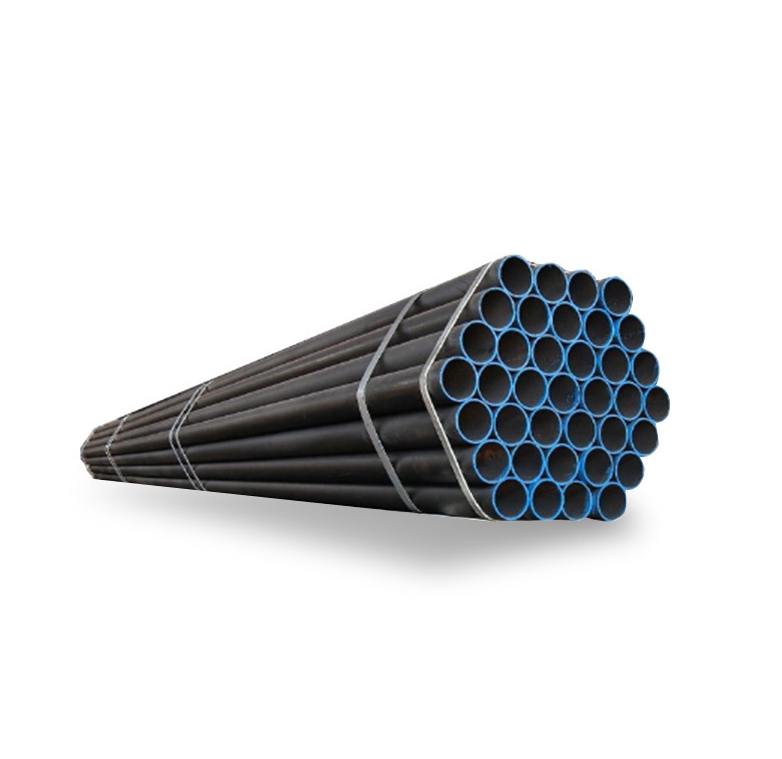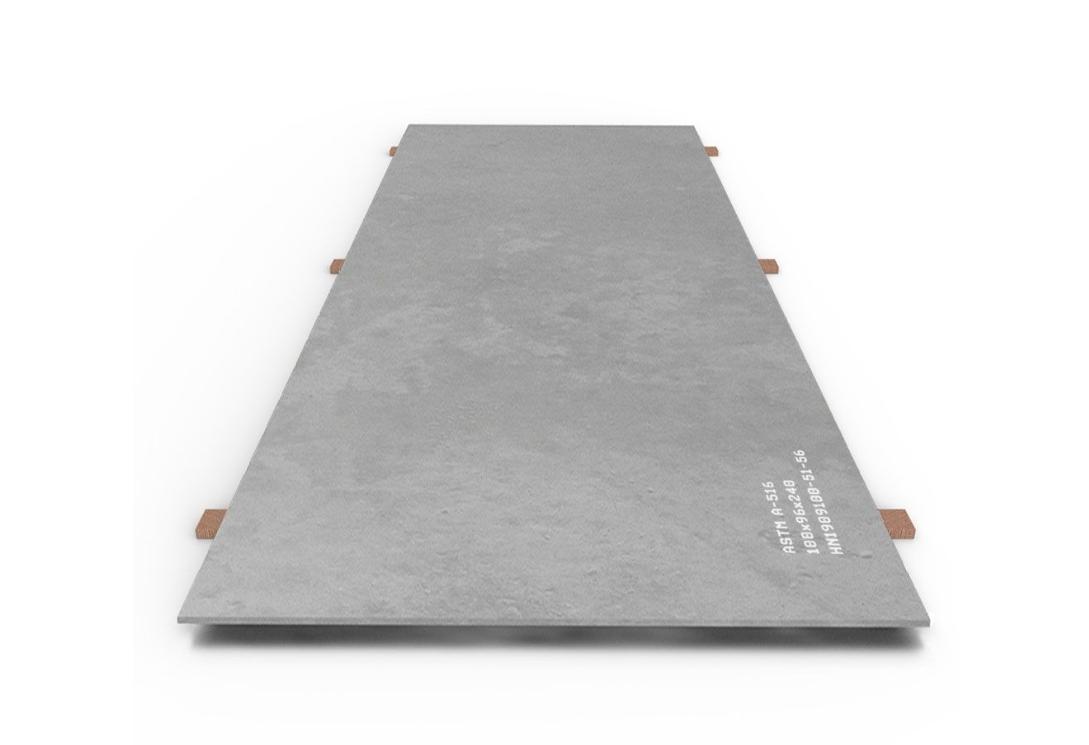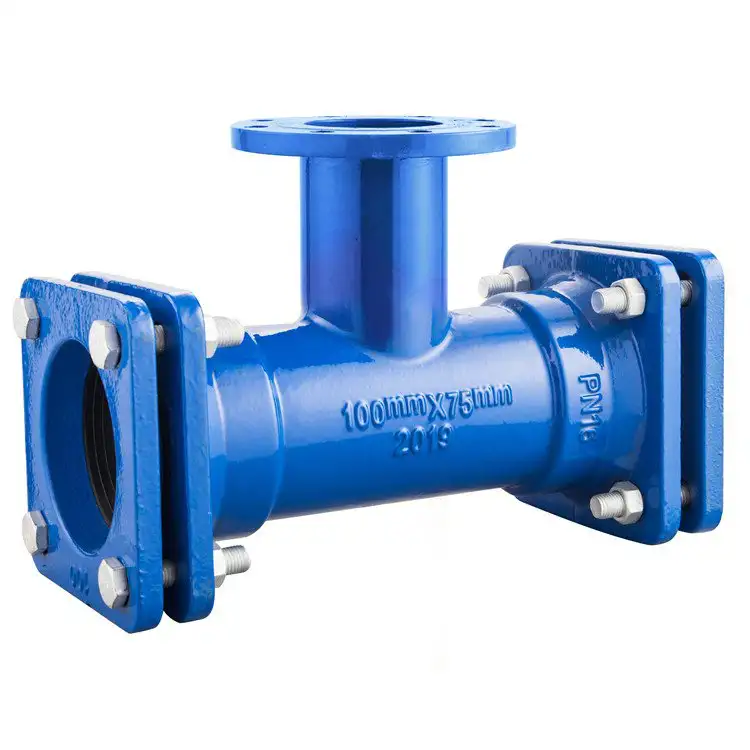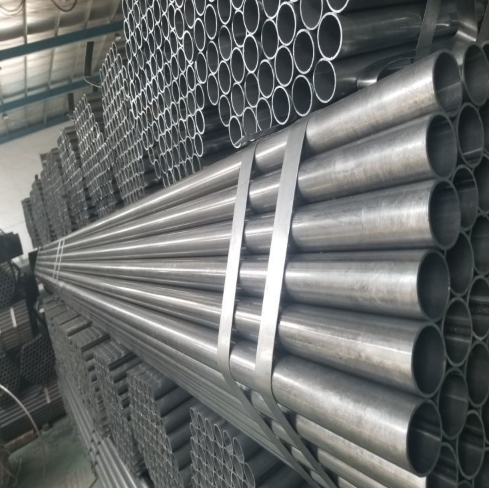Carbon steel is a widely used material across various industries. Its affordability and durability make it a popular choice. But why is carbon steel so cheap compared to other metals? In this article, we’ll explore three key cost-saving secrets behind its low price. We’ll also compare different types of carbon steel, provide practical steps to leverage its benefits, and warn you about common mistakes. Let’s dive in!
Understanding Carbon Steel: What Makes It Affordable?
Carbon steel is primarily composed of iron with varying amounts of carbon. Its simple composition contributes to its low manufacturing costs. Unlike alloys with expensive elements, carbon steel does not require complex processing. This simplicity allows manufacturers to produce it at a lower price point, which benefits consumers.
The 3 Cost-Saving Secrets of Carbon Steel
1. Simpler Production Process
The first secret is its straightforward manufacturing. Carbon steel is made through basic smelting techniques, reducing energy and labor costs. For example, compared to stainless steel, which involves multiple alloying steps, carbon steel production is faster and cheaper.
Problem: High production costs in other metals increase final prices.
Solution: Opt for carbon steel, which requires fewer processing steps.
Case: A steel plant in Ohio reduced costs by 20% after switching to simpler carbon steel production methods (Source: Steel Industry Report, 2022).
2. Abundant Raw Material Supply
Iron ore, the primary raw material, is plentiful and easy to source. This abundance leads to lower raw material prices, directly impacting the final cost of carbon steel.
| Item | Project A (high-grade alloy) | Project B (carbon steel) |
|---|---|---|
| Raw Material Cost | $500 per ton | $300 per ton |
| Processing Cost | $200 per ton | $100 per ton |
| Total Cost | $700 per ton | $400 per ton |
Table 1: Cost comparison between high-grade alloy steel and carbon steel.
Problem: Scarcity of raw materials raises costs.
Solution: Use abundant raw materials like iron ore.
Case: A manufacturing firm saved 30% on raw material costs by choosing carbon steel.
3. Less Complex Alloying
Unlike specialty steels, carbon steel contains minimal alloying elements. This reduces both material and processing costs. Less alloying also simplifies quality control and reduces waste.
Related Keywords: alloying elements, steel grades, material efficiency
Comparing Carbon Steel and Other Metals
To better understand why carbon steel is so cost-effective, let’s compare it with stainless steel and aluminum.
| Feature | Carbon Steel | Stainless Steel | Aluminum |
|---|---|---|---|
| Cost per Ton | $400 | $1,200 | $1,800 |
| Manufacturing Ease | High | Moderate | Difficult |
| Raw Material | Iron ore | Iron + Nickel + Chromium | Bauxite |
| Corrosion Resistance | Low | High | Moderate |
| Typical Uses | Construction, tools | Kitchenware, medical | Aerospace, packaging |
Table 2: Cost and features comparison.
As seen here, carbon steel’s low cost is largely due to its simple composition and ease of manufacturing.
Step-by-Step Guide to Leveraging Carbon Steel Cost Savings
If you want to maximize benefits from carbon steel, follow these steps:
Step 1: Identify Your Application Needs
Determine whether carbon steel’s properties meet your project requirements. For example, if corrosion resistance isn’t critical, carbon steel is ideal.
Step 2: Choose the Right Grade
Select a grade that balances cost and performance. For instance, low-carbon grades are cheaper and easier to weld.
Step 3: Source from Reliable Suppliers
Find suppliers with consistent quality and competitive prices. Building relationships can lead to better deals.
Step 4: Optimize Manufacturing Processes
Implement efficient fabrication techniques, such as laser cutting or welding, to reduce waste and labor costs.
Step 5: Conduct Regular Quality Checks
Ensure the material meets standards to avoid costly rework or failures.
⚠️ Note: Overlooking quality control can negate savings by causing failures or delays.
Common Mistakes to Avoid When Using Carbon Steel
- Ignoring Corrosion Protection: While carbon steel is cheap, it’s prone to rust. Use coatings or galvanization when needed.
- Choosing the Wrong Grade: Not all carbon steels are suitable for every application. Select appropriately.
- Overlooking Processing Costs: Cutting corners in fabrication can lead to higher overall expenses.
Real-Life Experience: My Journey with Carbon Steel
During a project designing a lightweight frame, I chose carbon steel for its affordability. By following the above steps, I reduced material costs by 25%. The key was selecting the right grade and sourcing from a reputable supplier. This experience reinforced how understanding the cost-saving secrets can make a big difference.
Conclusion: Why Carbon Steel Remains a Cost-Effective Choice
In summary, carbon steel’s affordability stems from its simple production process, abundant raw materials, and minimal alloying. These factors combine to make it a budget-friendly option without compromising strength. Whether you’re in construction, manufacturing, or DIY projects, understanding these secrets can help you save money.
Practical Checklist for Using Carbon Steel Effectively
- Assess application requirements for corrosion and strength
- Select appropriate carbon steel grade
- Source from reputable suppliers with competitive prices
- Implement efficient fabrication techniques
- Regularly inspect quality during manufacturing
- Apply protective coatings if necessary
- Avoid over-processing to minimize costs
- Keep updated with raw material prices and market trends
- Educate team on proper handling and fabrication methods
- Document all steps for future reference


